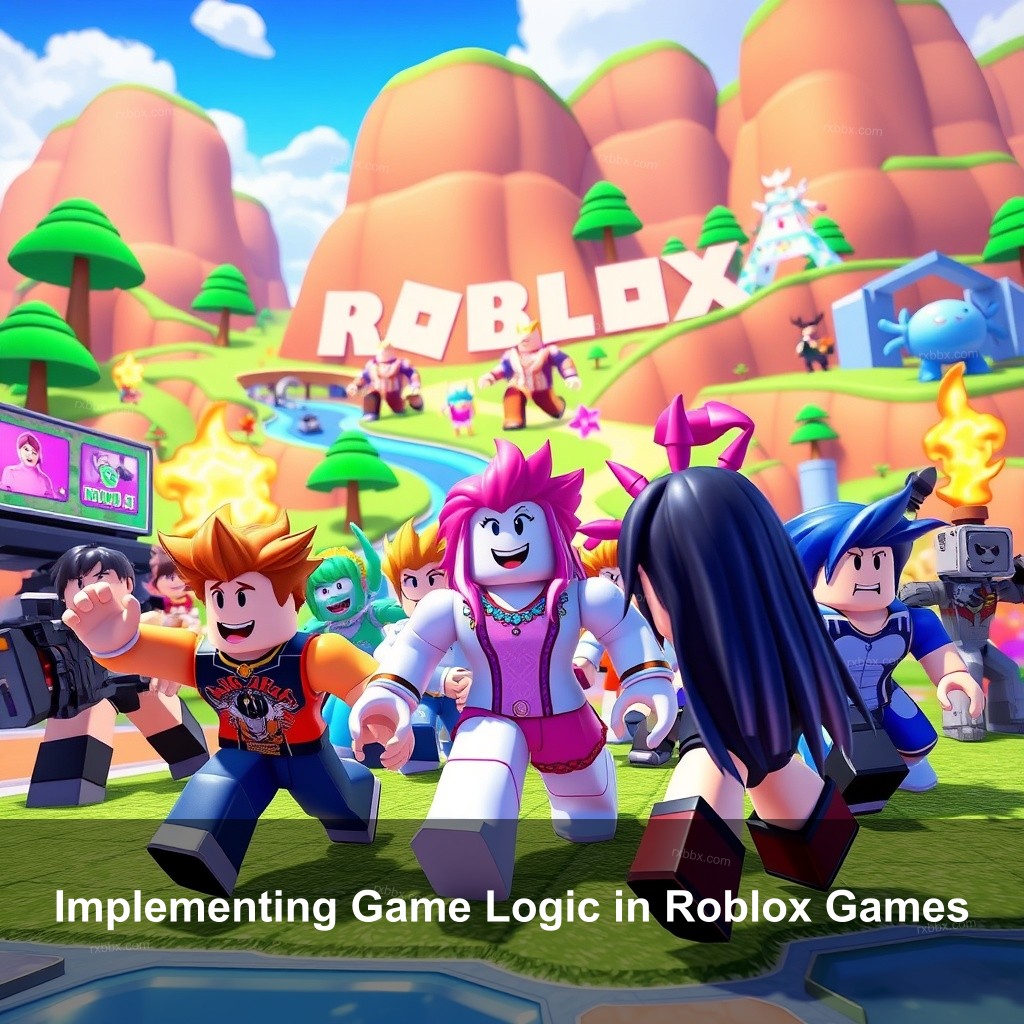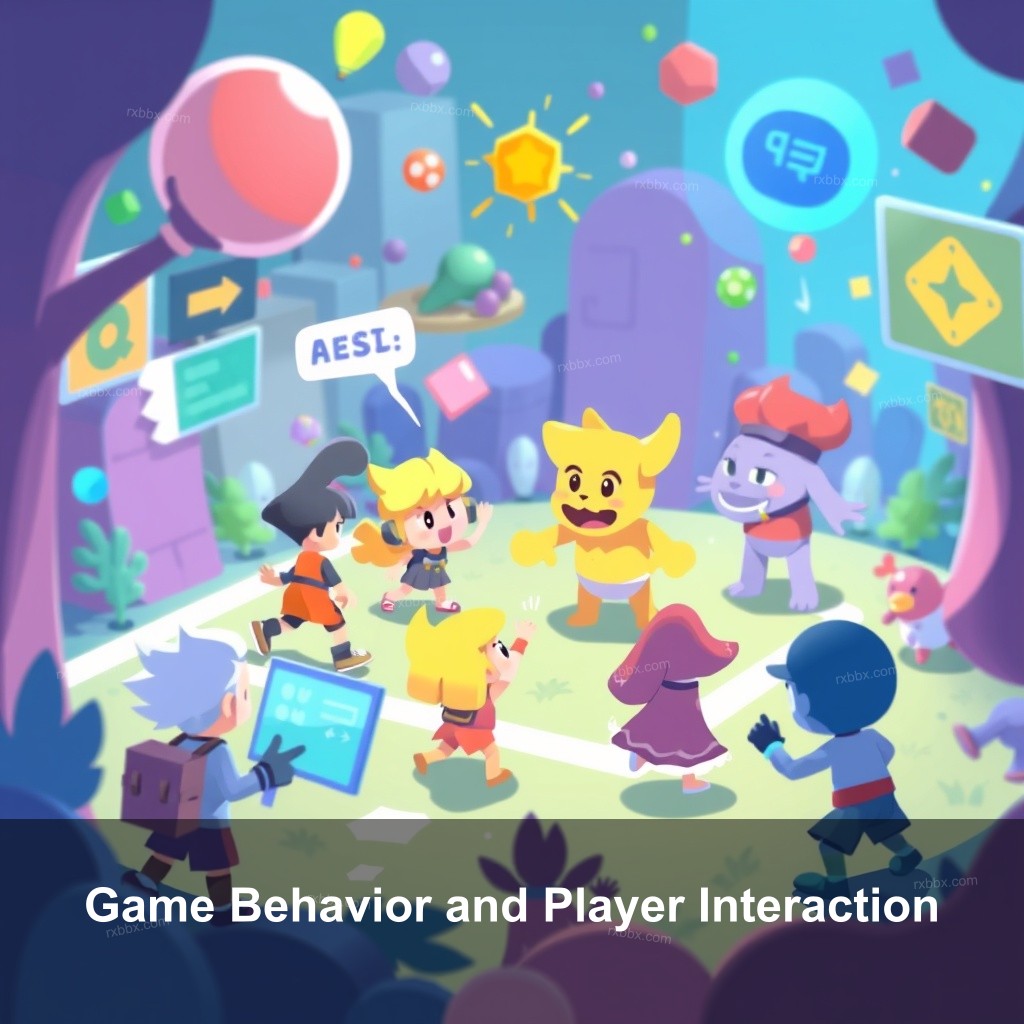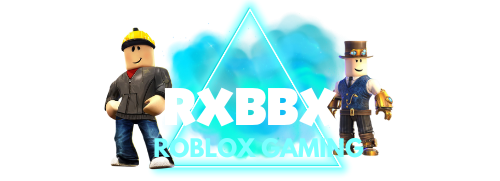Did you know that over 50 million games have been created on Roblox? Welcome to RxBBX Gaming Hub, where we jump into the exciting world of game development! In this article, we’ll explore the ins and outs of implementing game logic in Roblox. From understanding game behavior to practical scripting techniques, you’ll learn everything you need to create interactive experiences. Whether you’re a beginner or looking to refine your skills, this guide will equip you with the knowledge and tools to level up your Roblox games.

Implementing Game Logic in Roblox Games
When you think about it, game logic is the backbone of every engaging game on Roblox. It determines how objects and characters interact, making the gameplay experience exciting and fun for players. In this section, we will break down the basics of game logic in Roblox and why it matters.
Understanding the Basics of Game Logic
To start, game logic is simply the rules that govern gameplay and player interactions. Think of it as the brain behind your game. Why is this important? A well-structured game logic keeps players engaged and wanting to come back for more!
For example, if you create a game where players can jump over obstacles, your game logic will determine how high they can jump and what happens when they collide with those obstacles. This is where Roblox’s scripting language, Lua, comes into play.
Lua provides a flexible and straightforward way to implement game logic. With Lua, you can create scripts that allow objects to move, change color, or even disappear when players touch them. All of this contributes to making your game interactive and fun.
Here’s a quick example using a simple table to illustrate:
| Action | Logic Result |
|---|---|
| Player jumps | Height determined by logic |
| Player collides with obstacle | Game logic handles response |
In summary, grasping game logic is fundamental for any Roblox developer. It shapes gameplay mechanics and enhances player experience.
How to Implement Game Logic in Roblox
Now that we have a grasp on what game logic is, let’s go through how to implement it. This process involves several steps, each crucial for creating an engaging game.
Step one is to open Roblox Studio and start a new project. Once you’re in the studio, you can start coding your game logic. The first thing you’ll want to do is create a script. Here’s how:
- Right-click on the part you want to add a script to in the Explorer panel.
- Select “Insert Object” and then choose “Script” from the menu.
- Write your Lua code in the script that determines how that part will behave.
For example, if you want a part to change color when a player touches it, you’d write a script that listens for the Touched event. Here’s a quick snippet:
local part = script.Parent
function onTouch(other)
if other:IsA('Player') then
part.BrickColor = BrickColor.Random()
end
end
part.Touched:Connect(onTouch)This simple code makes the part change to a random color whenever a player interacts with it. It’s a small yet important piece of game logic!
Additionally, exploring how the tools in Roblox Studio work will help you refine your game logic. Be sure to check out our Roblox Studio scripting tutorial for more insights.

Game Behavior and Player Interaction
Engaging players depends much on the behavior of the game. It speaks of how game components react to player movements. The gameplay is more fun the more participatory and easy the game behavior is. Let us now explore more precisely how to script game behavior.
Defining Game Behavior in Roblox
Think of working on game projects with others. Group projects can improve your abilities and introduce you to several points of view and ideas. Another amazing approach to challenge yourself and get experience under duress is by helping in game jams.
For instance, if you have NPCs in your game, they should react to the player. You can script these behaviors using Lua, ensuring that your NPCs greet players or provide challenges based on their actions.
Here’s a brief example of how to make an NPC greet a player:
local npc = script.Parent
function onPlayerTouch(other)
if other:IsA('Player') then
npc:Say('Hello, welcome to my world!')
end
end
npc.Touched:Connect(onPlayerTouch)Creating engaging game behavior keeps players coming back! But it’s not just about making NPCs friendly; it’s also about ensuring that the overall game mechanics flow smoothly.
Enhancing Game Behavior Through Events
Events are significant triggers in Roblox that change the gameplay dynamics. For example, when a player jumps, collects an item, or interacts with an object, an event occurs. These events can lead to various actions, creating a lively game environment.
To manage these events properly, you’ll want to set up event handlers in your scripts. This allows you to define what happens when an event is triggered. Here’s how:
- Identify the event you want to use (like Touched or Clicked).
- Create a function that specifies what should happen when the event occurs.
- Connect the function to the event using the Connect method.
For example, you can script a door to open when a player clicks on it:
local door = script.Parent
function openDoor()
door.Transparency = 0.5
door.CanCollide = false
end
door.ClickDetector.MouseClick:Connect(openDoor)This script will make the door transparent and non-collidable when clicked, enhancing interactivity in your game.
Advanced Game Logic Techniques
Once you have the basics down, it’s time to step up your game logic with advanced techniques. Knowing these can significantly enhance the complexity and enjoyment of your games.
Using Variables and Functions in Game Logic
Variables and functions are the building blocks of any programming language, including Lua. Variables store data that can change during gameplay, while functions allow you to execute blocks of code when called. Using these two concepts effectively can make your game more responsive.
For example, if you’re tracking player scores, you might have a variable called playerScore. Each time a player collects an item, you can increase their score:
local playerScore = 0
function collectItem()
playerScore = playerScore + 1
endFunctions can be used to manage this logic more efficiently. With functions, you can encapsulate your logic, making your code cleaner and easier to manage.
Combining variables and functions allows for more complex game mechanics, such as tracking multiple players’ scores or statuses concurrently.
Debugging and Testing Game Logic
Debugging is an important part of game development. It involves checking for errors in your code and ensuring everything works as intended. During development, you might encounter issues like scripts not running or unexpected behavior in your game.
To debug effectively, use the tools available in Roblox Studio. The Output window is your best friend here; it shows error messages and print statements from your scripts, helping you identify issues quickly. Here are some debugging tips:
- Use print statements liberally to track what your code is doing.
- Test your game frequently to catch bugs early.
- Check the properties of your game objects to ensure they are set correctly.
Testing isn’t just about finding bugs; it also ensures your game logic is engaging and meets player expectations.
Resources for Learning and Improving Game Logic Skills
As you develop your skills in game logic, there are many resources available to help you grow. Whether you’re looking for tutorials or wish to connect with the community, there’s a wealth of information at your disposal.
Online Tutorials and Courses
The internet is filled with tutorials that can help you master Roblox game logic. Websites like Codecademy and YouTube offer excellent courses tailored for beginners and advanced developers alike. For a more structured approach, consider enrolling in dedicated Roblox programming classes.
Our Guide to Roblox programming basics is a great starting point for new developers.
Practical Projects to Apply Knowledge
Think about working on games with others. Group projects might improve your abilities and introduce you to several points of view and ideas. Another amazing approach to challenge yourself and get experience under duress is by attending game jams.
Think about teaming on game projects. Group projects will improve your abilities and introduce you to several points of view and ideas. Another amazing approach to challenge yourself and learn under duress is by helping at game jams.
By putting your skills to the test, you’ll find that you learn much faster and retain the knowledge better!
FAQ
What is game logic in Roblox?
Game logic in Roblox refers to the rules and scripts that control gameplay mechanics and player interactions. It shapes how objects behave and respond to player inputs.
How do I handle events in Roblox scripting?
To handle events in Roblox, you can create event listeners in your Lua scripts. These listeners trigger specific actions based on player interactions or game conditions.
What makes a good game behavior script?
A good game behavior script is intuitive, responsive, and improves player engagement. It should provide clear feedback to players and feel seamless within the game environment.
Are there any resources to learn more about Roblox game logic?
Yes! There are numerous online tutorials, forums, and courses available to help you learn Roblox game logic. Our Comprehensive guide to Roblox Studio is a great resource.
How can I improve my game design skills?
To improve your game design skills, consider reading books, taking courses, and engaging with the community. Our Guide to Roblox game design offers valuable insights for aspiring developers.
Conclusion
Incorporating effective game logic is important for creating engaging experiences in Roblox. By understanding game behavior and utilizing scripting techniques, you can bring your games to life. Don’t forget to explore the resources available to you, like those offered at RxBBX Gaming Hub! Feel free to share your thoughts and experiences in the comments below, and check out more content on RxBBX Gaming Hub.
